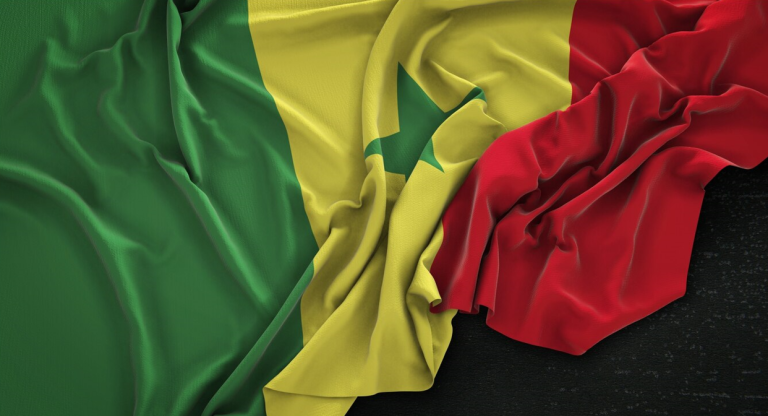The Supreme Court of Senegal has ruled that the bid to postponed the presidential election put forward by President is both illegal and unconstitutional.
The highest court declared parliament’s enactment of a law to postpone the vote and prolong Sall’s tenure by a minimum of 10 months as unlawful.
The ruling is coming amid a political tension in the country.
Senegal parliament had initially adopted a law extending president Macky Sall’s tenure from February to December, effectively postponing the presidential election from February 25 to December 15.
As a result, protests from opposition leaders have erupted in the country. Top opposition politicians and dissenting lawmakers were also arrested and accused for fueling political crisis.
What the Supreme Court is Saying
Meanwhile, the country’s constitutional council has ruled that the law to extend the president’s tenure and postpone the election is illegal and unconstitutional.
According to the apex court, an election should be held “as soon as possible”
The president has defended his decision to delay the vote, saying the country needs time to resolve a controversy that erupted over the disqualification of some candidates from the vote.
Meanwhile, the court dismissed this notion, saying,
- “The president doesn’t have the authority to postpone or cancel elections and his mandate “cannot be extended,
- “A vote should be held as soon as possible,” the council said in a decision announced late Thursday in the capital, Dakar.
Economic Implications of Election Postponement
- The unfolding political crisis in the country has left investors uneasy, resulting in a significant increase in the yield of the nation’s 10-year dollar debt. Following president Sall’s decision on Feb. 4 to postpone the vote, the yield has surged by nearly 100 basis points. As of Thursday’s closing, in London, the rate on its 2033 bonds stood at 9.22%, compared to 8.39% on Feb. 2
- According to a report by Bloomberg, Senegal’s dollar bonds have emerged as the poorest performers year-to-date within an index comprising emerging and frontier sovereign dollar bonds. Investors in these bonds have incurred losses of 7.7%, contrasting starkly with the average loss of 1.6% experienced by their counterparts.
- The authorities’ crackdown on dissent and the targeting of Sonko’s supporters have resulted in such a decline in civil liberties that a global human rights advocacy group has ranked Senegal alongside countries governed by military juntas.
- In addition, the government has cut access to mobile internet services at least twice in the past two weeks to block what the Communications Ministry described as “hateful and subversive” messages being posted online that have spurred “violent protests and deaths.”
- Senegal imposed the highest number of internet restrictions in Africa last year, according to VPN-provider Surfshark. The country’s economy lost as much as $57.5 million in 2023 because of the shutdowns, according to Top 10VPN, a VPN reviewer.

